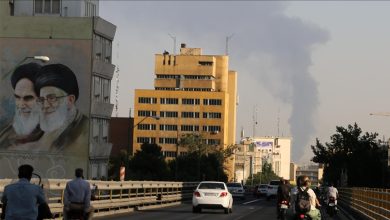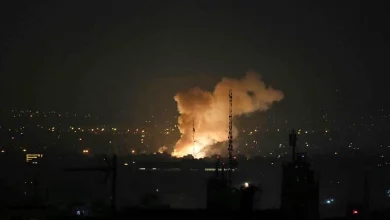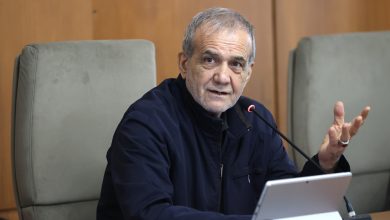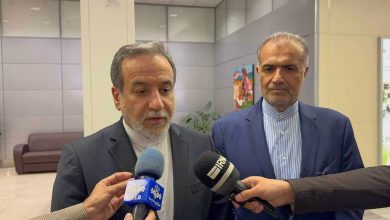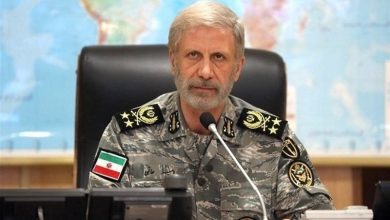Iran declares a decisive defeat of Trump’s maximum pressure policy, asserting it has failed miserably while targeting civilians
A senior Iranian diplomat has reaffirmed the ineffectiveness of the United States' 'maximum pressure' approach towards Iran, announcing that Tehran is actively formulating strategies and engaging in consultations with allied nations in response to the policies introduced by newly inaugurated US President Donald Trump.
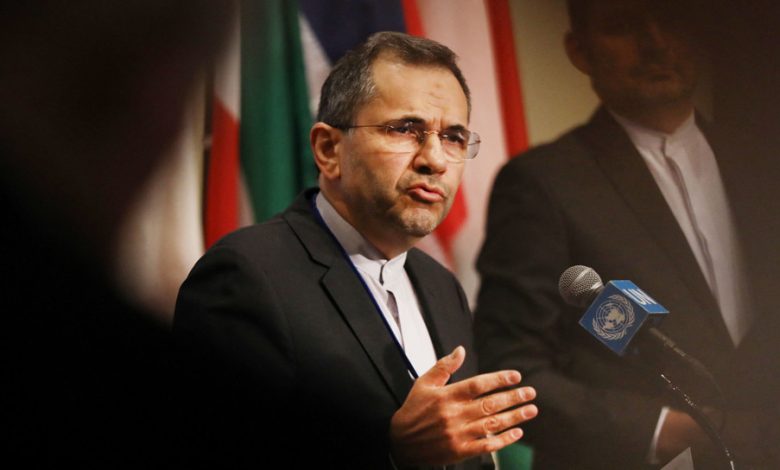
Iranian Deputy Foreign Minister for Political Affairs, Majid Takht Ravanchi, stated on Monday to the Iranian Students’ News Agency (ISNA) that former U.S. President Donald Trump’s maximum pressure strategy towards Iran was unsuccessful. Ravanchi emphasized that this assessment is not solely Iran’s viewpoint.
He noted that the specifics of the policies former President Donald Trump might implement regarding Iran remain uncertain, highlighting the importance of adopting a wait-and-see approach.
He observed that during his initial tenure, former President Donald Trump was under the impression that he could enforce his demands on Iran utilizing the maximum pressure strategy and by exiting the 2015 nuclear accord, formally recognized as the Joint Comprehensive Plan of Action (JCPOA). However, he acknowledged that these efforts did not translate into concrete outcomes.
American officials initially believed that, in the months following the United States’ withdrawal from the Joint Comprehensive Plan of Action (JCPOA) and the intensification of sanctions on Iran, the nation would be forced to agree to terms aligned with U.S. demands, according to Takht Ravanchi.
He underscored that the anticipated outcomes did not materialize, adding that it has been demonstrably established that the maximum pressure strategy directed at Iran has not achieved its intended objectives.
In May 2018, the United States initiated a series of unilateral sanctions against Iran following its decision to withdraw from the Joint Comprehensive Plan of Action (JCPOA).
The Trump administration initiated a “maximum pressure” strategy against Iran, implementing what it described as the most stringent sanctions ever imposed on the Iranian nation.
Despite former President Donald Trump’s inability to achieve his stated objectives, the sanctions imposed have had a detrimental impact on the population of Iran.
Nuclear Negotiations to Exclude Regional Developments
Takht Ravanchi dismissed claims as “irrelevant and baseless” regarding any perceived decline in Iran’s regional influence or the possibility of extracting concessions from Tehran in discussions related to its nuclear program.
He stated that regional matters are unrelated to the nuclear negotiations.
An Iranian diplomat asserted that despite the actions taken by Israel, which have impacted Hezbollah and Hamas, regarded as resistance movements in Lebanon and Palestine, these groups remain resilient and continue to receive considerable popular backing.
“Iranian Officials Condemn Sanctions as Detrimental to Citizens”
In addressing a query regarding the incarceration of Iranian nationals abroad for allegedly circumventing sanctions, Takht Ravanchi confirmed that these individuals are detained in foreign prisons as a consequence of the United States’ sanction policies.
He stated that individuals are apprehended in Europe or other nations as a result of agreements the United States has established with those countries.
He underscored that the “harsh” sanctions are directed at the Iranian populace and highlighted that, “Several Iranian individuals have been detained on allegations of breaching the sanctions.”
The Deputy Foreign Minister stated that certain Iranian nationals, who have been detained abroad at the behest of the United States on allegations of sanction evasion, are occasionally subjected to extradition to the U.S. under duress.
Takht Ravanchi stated that data has been collected regarding the number of individuals incarcerated both within the United States and internationally as a result of sanctions violations.

